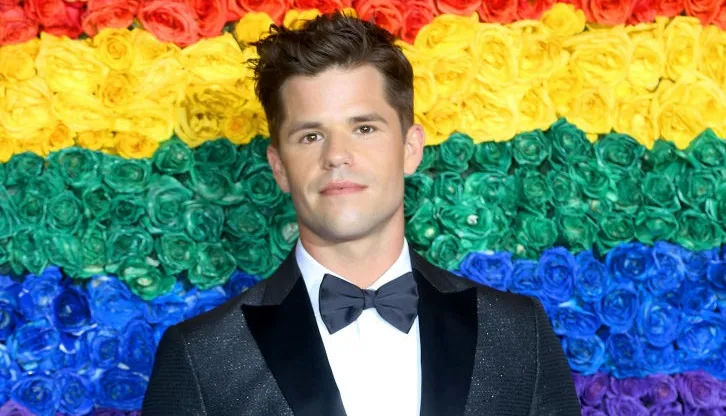Ratched star Charlie Carver struggles to ‘interact authentically’ in Hollywood because he’s often ‘the only out person on set’

Charlie Carver attends the 73rd Annual Tony Awards (Photo by Bruce Glikas/WireImage)
Ratched star Charlie Carver has said he struggles to interact “authentically” with people in Hollywood because he is often the only openly queer person on set.
Carver, who made a name for himself in Desperate Housewives, made his comments while talking about his upcoming Netflix film, a Ryan Murphy-helmed adaptation of Mart Crowley’s 1968 play The Boys in the Band.
During an interview with Digital Spy, Carver was asked what it meant to star in the film, which has an all-queer cast.
“It will be one of the honours of my life to not only have been part of the production, both on stage and on film, but to have shared in that with all of those guys,” Carver said.
“We really became a family, both on Broadway and while shooting the film in Los Angeles. There was such a shared sense of experience and identity.”
Charlie Carver is often the only openly queer person on set in Hollywood.
He continued: “I think things have certainly gotten easier as an out actor in Hollywood. But most of the time, I’m the only out person on a set, and while that’s not necessarily lonely, it does do things to you.
“There’s a sense of modulation about how authentically I can interact with people.”
Elsewhere in the interview, Carver opened up about his decision to come out as gay in 2016, saying the “prevailing wisdom” at the time was that openly gay actors risked being “pigeonholed”.
“I took issue with that,” Carver said. “I found it kind of offensive. I don’t want to be limited as a gay man or a gay actor. I don’t want to be limited to only playing gay roles.
There’s a direct relationship between representation and an audience developing a sense of affection for a community or a member of a community.
“But at the same time, to be told I might be endangering my career by choosing to play more than one of them? That just didn’t seem true or accurate of the times.”
The actor also said he hopes to see more diversity in Hollywood, both on-screen and behind the scenes.
“There’s a direct relationship between representation and an audience developing a sense of affection for a community or a member of a community,” he said.
“The trans community – particularly the Black trans community, and Black trans women – have had almost no representation onscreen. There’s a direct relationship between that and the transphobic violence which exists in the United States and across the world.”

